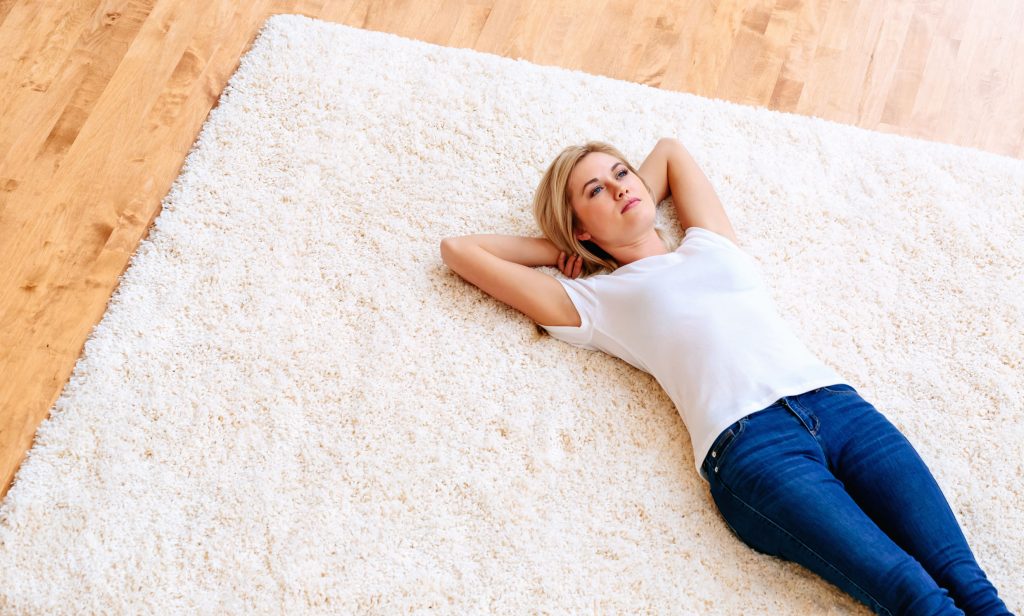Will Sleeping On The Floor Help My Back Pain?
Category: Back Pain | Author: Stefano Sinicropi

We spend almost a third of our lives asleep, which means that it’s important our spine is in a healthy position when we hit the hay. We need this horizontal time to allow our spine and its supportive structures to heal, instead of being a source of pressure and pain. Oftentimes the type of mattress we choose has a big part in whether or not our spine is supported while we sleep.
However, when we have developed back pain or we no longer feel that our bed is providing ample support, we sometimes look for a firmer place to lay down for the night. Sometimes, this can lead a person to put a blanket down and sleep on the floor. Will sleeping on this much firmer surface be helpful for your spine, or could it just serve to make things worse? In today’s blog, we explore the topic of sleeping on the floor to help prevent and treat back pain.
Sleeping On The Floor Because Of A Bad Back
You’d be amazed at how many people we’ve heard tell us that their spines feel so much better now that they’ve started sleeping on the floor. We always want people to find a solution that works for them, but know that these results tend to be more anecdotal than clinical. In other words, there isn’t a lot of scientifically-backed evidence that suggests sleeping on the floor could help with your herniated disc, pinched spinal nerve or degenerative disc disease.
That being said, the idea that sleeping on the floor could help with your back pain isn’t all that far fetched. A 2015 systematic review found that medium-firm mattresses often promoted improved sleep quality and better overall comfort compared to many softer models. The firmer mattress actually helped to better disperse stress and alleviate pressure points in certain areas of the spine, making it an ideal sleep option.
And while the floor is obviously much harder than a medium-firm mattress, it stands to reason that if your bed is ultra soft or you’ve had it for close to a decade and the padding or springs have worn down, it may be putting your spine in an uncomfortable position while you sleep. Even though it may not feel outright uncomfortable, if you wake up with hip, neck or back pain, or you find that you’re rolling around in bed a lot to find a new comfortable position, it could be a sign that your mattress is too soft and that you’d benefit from a firmer option.
Again, that’s not to say that the floor is a better option than your mattress, but it could give credence to the idea that people who move from an overly soft or unsupportive mattress to the floor or another much firmer surface for a night or two seem to notice a reduction in their back pain. It may not be a great long-term solution, but we can at least understand why some people may notice some small, short-term improvements and swear by the idea of sleeping on the floor to help with their back pain. Your back will probably feel better by investing in a firmer mattress as opposed to sleeping on the floor long-term, but to each their own. At the end of the day, we want patients to find a solution that works for them. Just know that it’s likely the increase in sleeping space firmness that’s driving this improvement, not the extra hard floor itself.
If you’re having trouble sleeping because of a bad back, or you’re finding it difficult to find a sleeping surface that helps you achieve restful sleep, reach out to Dr. Sinicropi today. We can help explain your back pain and how certain forces contribute to or help alleviate this pain. For more information, contact our office today.